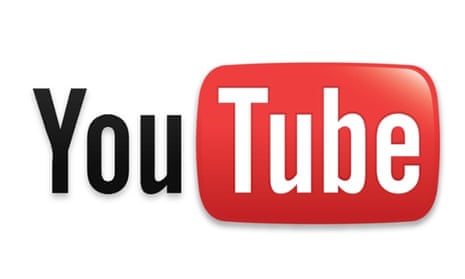Independent music labels are at loggerheads with YouTube over the licensing terms for its upcoming streaming music subscription service.
The service – still not officially announced, but the subject of longstanding speculation within the music and technology industries – is expected to compete directly with Spotify, Deezer and their rivals.
Music industry trade association the Worldwide Independent Network (WIN) has accused YouTube of strong-arm negotiating tactics trying to force indie labels to sign up to the new service.
WIN, which represents independent labels worldwide, claims that YouTube is approaching labels directly with a "template contract" and threatening that if they do not sign it, all their music videos will be blocked on YouTube.
It also claims the terms of the contract are non-negotiable, and undervalue the music of these labels in comparison to Spotify, Rdio, Deezer and other subscription streaming services.
WIN had planned to issue a press release lambasting YouTube this morning, with quotes from other indie trade bodies around the world.
Overnight, new talks with YouTube and the prospect of a resolution to the dispute led to the release being put on hold, but press agency AFP – which like The Guardian had seen the original release – ran its story as planned.
"Our members are small businesses who rely on a variety of income streams to invest in new talent. They are being told by one of the largest companies in the world to accept terms that are out of step with the marketplace for streaming,” said WIN chief executive Alison Wenham in the original release.
“We believe, as such, that these actions are unnecessary and indefensible, not to mention commercially questionable and potentially damaging to YouTube itself, given the harm likely to result from this approach.”
Contacted by The Guardian overnight, YouTube provided this response: "YouTube provides a global platform for artists to connect with fans and generate revenue for their music," said a spokesperson. "We have successful deals in place with hundreds of independent and major labels around the world, however we don't comment on ongoing negotiations."
Sending contracts directly to independent labels would be a controversial move in itself, because many are members of another trade body, Merlin, which negotiates collective licensing deals with new digital music services on their behalf.
Merlin declined to comment when contacted by The Guardian, although its chief executive Charles Caldas recently criticised at YouTube in a speech at industry conference Music Connected, referring to a quote from musician Billy Bragg suggesting artists who criticise Spotify for its low royalty payments "should be marching to YouTube central with flaming pitchforks".
At Music Connected, Caldas said "The ironic thing is that the service that pays the least is the service that’s the most well funded and run by the biggest company in the world: their figures are by far the worst, whether you measure them on a per-stream basis or a per-user basis," before adding "I can’t say Billy’s right, but I can say that he’s not wrong." – a hint at possibly-fraught negotiations between Merlin and YouTube.
WIN and Merlin are completely separate organisations, and WIN is not involved in those licensing discussions. Its concern is over the "termination" letters that it says have been sent to labels, threatening to block their content on YouTube if they do not sign up to the new service. WIN has now given YouTube a 24-hour deadline to rescind those letters.
While YouTube's negotiating tactics have left many indie labels feeling bullied, its current online video service has also become an important platform for them to help musicians build their fanbases.
That was emphasised at the Music Connect conference where Caldas made his comments. A separate panel of indie labels talking about how they break new artists all agreed that YouTube – along with another free service, SoundCloud – was crucial to their efforts.
Meanwhile, YouTube executives defended the company against criticism from labels and artists at the Midem music industry conference in February. "We’ve paid out to the music industry over the last several years over a billion dollars," said vice president of YouTube content Tom Pickett at the show.
YouTube's plans to go head to head with Spotify, Deezer and other subscription music services have been rumoured for some time. In March, the New York Post reported that it would be called Music Pass, and would likely cost $5 a month with ads or $10 a month for an ad-free version.

Comments (…)
Sign in or create your Guardian account to join the discussion